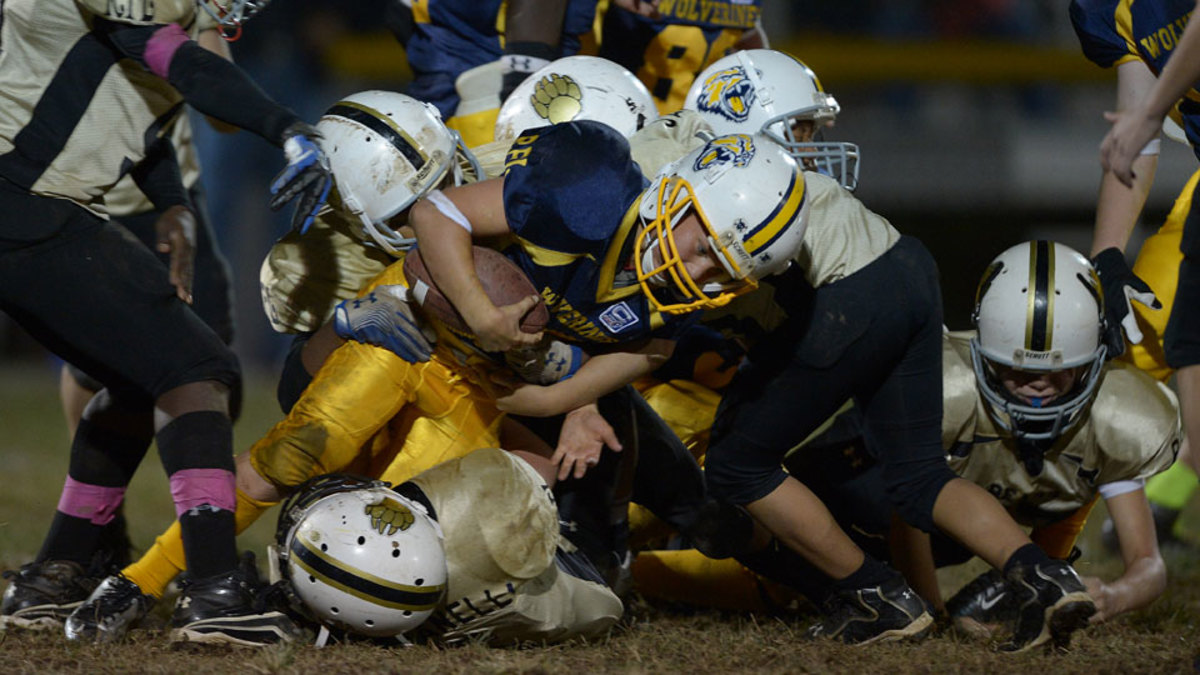
New study finds amateur sports participation increases CTE risk
Amateur contact sports such as football, boxing, wrestling, rugby, basketball and baseball are linked to increased risk of developing chronic traumatic encephalopathy, according to a new study by the Mayo Clinic published in December's issue of Acta Neuropathologica.
CTE is a progressive degenerative disease caused by repetitive brain trauma. It can affect mood, behavior and cognition.
The study found that males who played amateur contact sports during their youth or young adult years were more susceptible to developing CTE.
More than 1,700 cases in the Mayo Clinic Brain Bank were examined by researchers. Of the 66 males in the pool that played contact sports during their youth and young adult years, 32% were found to have brain tissue showing CTE pathology.
”If 1 in 3 individuals who participate in a contact sport goes on to develop CTE pathology, this could present a real challenge down the road,” the study’s lead author Kevin Bieniek said, according to the Mayo Clinic.
• KAY: Head impact sensors show promise, but shortcomings abound
“The purpose of our study is not to discourage children and adults from participating in sports because we believe the mental and physical health benefits are great,” Bieniek added. “It is vital that people use caution when it comes to protecting the head. Through CTE awareness, greater emphasis will be placed on making contact sports safer, with better protective equipment and fewer head-to-head contacts.”
This is the first study using neuropathologic criteria to look into the presence of CTE in nonprofessional athletes.
The sample of brains used by the study also included the brains of donors who died from dementia and other neurological diseases, which have been linked to the development of CTE.
- Christopher Chavez




